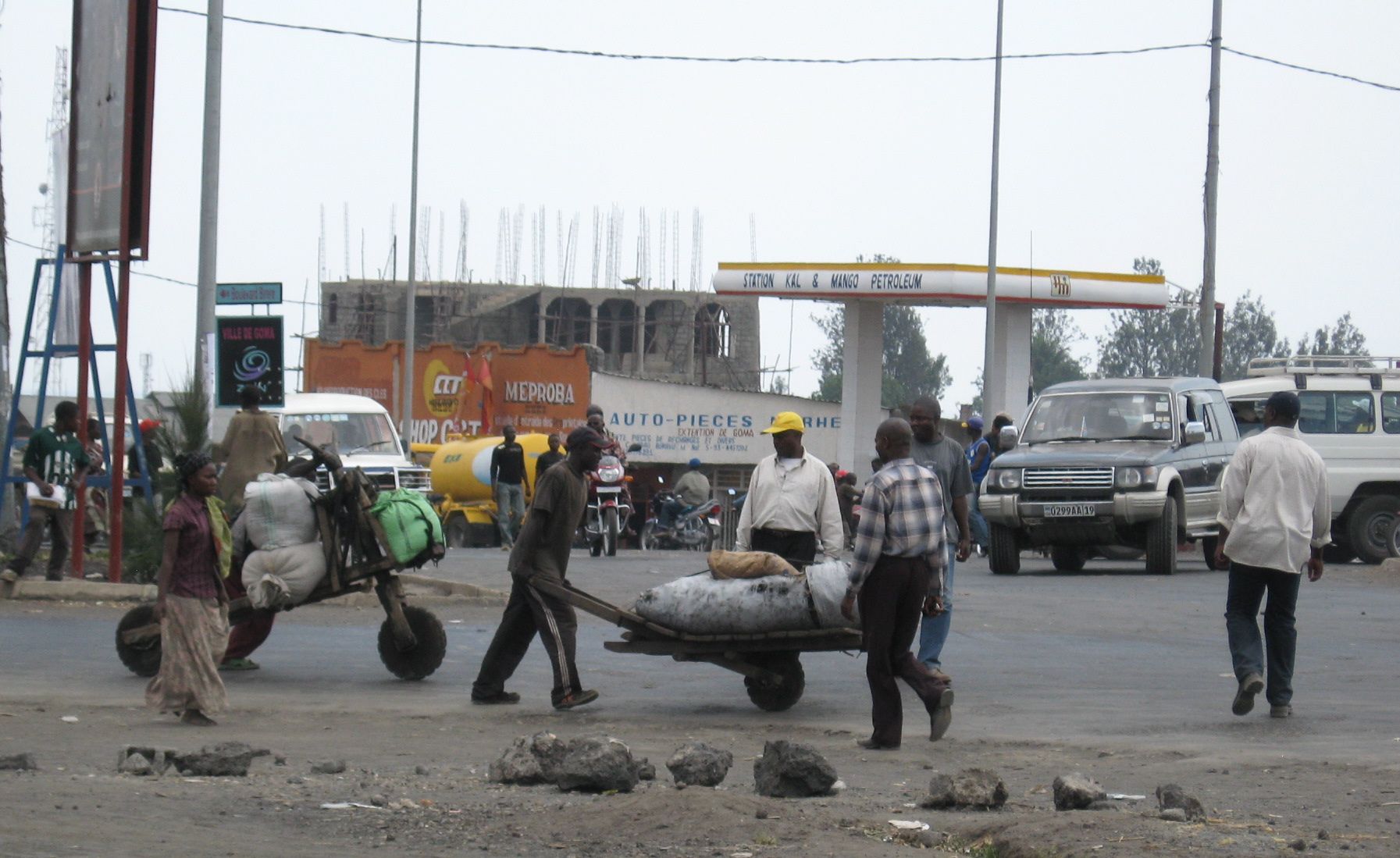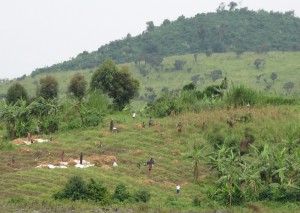December 2012, Vol. 239 No. 12
Features
Avoiding Hollywood Factor To Stay Within Timelines, Budgets

Celebrity attention – well-meaning but sometimes misdirected — and other international pressures can disrupt pipeline construction timelines and budgets. Globally, oil and gas explorers and producers are being pushed to work in more difficult environments, whether surface, subsurface, or “politically” in order to find and transport reserves.
It is only to be expected that people who may be affected by a resource project will have concerns that relate to real impacts or perceived impacts.
Most resource companies have accepted the responsibility to gain a clear understanding of local and regional stakeholder activity and develop proactive engagement strategies. But steps that provide effective responses to local stakeholders may not work as well if the project catches the attention of the wider world.
Hollywood Factor
Project schedules, capital expenditure and opportunity costs can be seriously affected if the “Hollywood factor” intervenes. That is when a well-known celebrity adopts a particular cause such as the people and environments affected by a resource project. The celebrity’s attention can turn what had been a good relationship with local populations, as well as with governments and other non-governmental organizations, into distrust.
In other cases, pressure can come from an international environmental or social non-governmental organization (NGO) that decides to intervene in a particular project.
The resulting delays lead to substantial cost and schedule-related slippages. Consequences may also include increased non-technical risks associated with a project, leading to reduced willingness of internal or external funders to commit capital resources. Problems can persist well past the development stages, through operations and into closure. In some places, the development is stopped completely by an internal reallocation of capital or external blockages.
Take Command
Don’t let someone else tell your story. Based on experience with resource projects in many parts of Africa and elsewhere, one of the biggest mistakes project proponents fall into is in allowing someone else to seize command of the project narrative.
Many oil and gas companies focus on the process of planning, obtaining environmental approvals, positioning their project in the market, and tackling the logistics and other technical components. Their team’s focus is on developing a successful project through the nuts and bolts of geology and geophysics, securing capital and take-away capacity, exploration, infrastructure, developments, and marketing product — all essential steps.
They may be blindsided when a widely known celebrity from the entertainment world, a government minister, or other prominent individual supports a local or global NGO, and releases a media statement opposing, or even condemning their project.
Within hours or days, the story is picked up by the celebrity-seeking international conventional media as well as social media including the star’s Twitter feed, blog and Facebook page. While most responsible NGOs take great pains to verify the information that goes out in their name, some of the information — especially conjectural maunderings — may be one-sided.
What often catches resource companies by surprise is the speed and reach with which a real or perceived issue can now be communicated via social media. A short video, taken with a smartphone, can be posted on YouTube and reach thousands quickly. A blogger with a story to tell — which may not have been fully verified — can reach thousands more. Twitter can be used to extend the reach of text and video, and when the many followers of a celebrity’s Twitter stream are factored, it can be very difficult to change perceptions even if the information is shown to be incorrect or selective.
Sometimes a few incorrect “facts” can be carried along and repeated as one blogger’s statement gets picked up by another until the points are widely accepted as being true, especially ignorant or malicious headlines. Corrections of headlines are rarely printed on the front page. In an increasing number of situations, we see projects being delayed repeatedly because of well-organized opposition, including lawsuits and the threats of lawsuits.
Transparency And Openness
Common fears revolve around the big issues that always are anticipated: 1) water supply, 2) access to land, 3) influx of labor from outside, 4) noise, 5) air pollution, and 6) traffic. Local residents may be anxious about their chances of gaining employment or customers for their businesses. No one wants to be sidelined in a major project and this is especially true when it is in your own neighborhood or community.

Many communities may be predisposed to distrust anyone from the outside who does not show a good understanding of their reality. It helps to have spokespersons from the local area that know the culture and can communicate with people in their language of preference. They must also technically understand the project. A good spokesperson can be hard to find. Multiple spokespersons can be nearly impossible to secure.
Local Employment
Developing connections with locally based expertise is important because of growing requirements by governments that environmental, social and economic mitigation work be handled by citizens of their country. This may cause delays in project timelines, because — in some places — local people with the necessary skills are in short supply, and professionals who meet the requirements may have their time scheduled far in advance.
Additionally, well-known professionals and university professors, viewed as credible sources of information, may not be willing to wade into a media controversy for fear of damaging their reputation – no matter the technical merits of the argument.
Experience shows that transparency in communications is key, right from the project’s first stages. If the pipeline’s exact route has not yet been determined, for example, be open about that — and be willing to sit down with anyone concerned about the project to explain your company’s considerations in choosing a route, and importantly, obtaining their input and local knowledge.
This includes being willing to work with local and international NGOs, consulting them on the plans as they develop, along with the proposed mitigation steps. This can also be a challenge as it can affect land costs as well as require resources from the project team to facilitate a high level of collaboration.
Project proponents must work openly and honestly with stakeholders, including NGOs, and obtain their inputs from an early stage of project planning. There are many examples where the collective wisdom of project proponents, technical specialists, government authorities and a wide range of stakeholders resulted in projects that are acceptable to everyone, resulting in constructive relationships and a stable operating environment.
Author
Benjamin Yanda is Oil and Gas Sector Leader for Africa with Golder Associates in the company’s Durban, South Africa, office. [+27] 31 717 2790; email: byanda@golder.com.





Comments